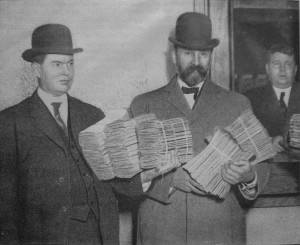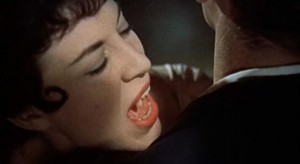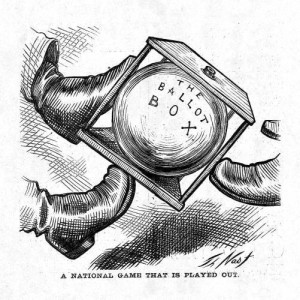The Original Intent of the Recall Power
 Some opponents of the effort to recall Governor Scott Walker have claimed that the recall provisions of the Wisconsin State Constitution are intended solely to permit the recall of elected officials when they have engaged in criminal or grossly unethical conduct. The latest example of this claim can be seen in the column by Jonathan Rupperecht that appeared in the November 3rd edition of the Milwaukee Journal Sentinel. In it, Mr. Rupperecht says, “Recalls are designed as special interventions when elected officials become guilty of serious malfeasance in office or when they engage in illegal actions or indulge in offensively immoral behavior.”
Some opponents of the effort to recall Governor Scott Walker have claimed that the recall provisions of the Wisconsin State Constitution are intended solely to permit the recall of elected officials when they have engaged in criminal or grossly unethical conduct. The latest example of this claim can be seen in the column by Jonathan Rupperecht that appeared in the November 3rd edition of the Milwaukee Journal Sentinel. In it, Mr. Rupperecht says, “Recalls are designed as special interventions when elected officials become guilty of serious malfeasance in office or when they engage in illegal actions or indulge in offensively immoral behavior.”
This statement is objectively false. The recall provisions contained in the Wisconsin State Constitution were never intended to be limited in such a fashion. The original design of the right of recall is, in fact, intended to permit voters to recall elected officials for virtually any reason so long as the procedural mechanisms of the State Constitution are followed.
For present purposes, I take no position on whether a recall of Governor Walker based upon his actions since taking office is a good idea. However, Governor Walker’s supporters contend that the original “design” of the recall provisions is limited to circumstances where there is evidence of criminal conduct or a serious ethical violation. In making such claims, Walker’s supporters are attempting to cast doubt on the underlying legitimacy of the proposed recall drive, rather than arguing that the recall is unwise. Assuming that a recall petition against Governor Walker is filed on November 15, it is therefore worthwhile to ask whether the use of the recall power in this instance would be consistent with the original design of Article XIII of the Wisconsin Constitution. The answer to that question is “yes.”


